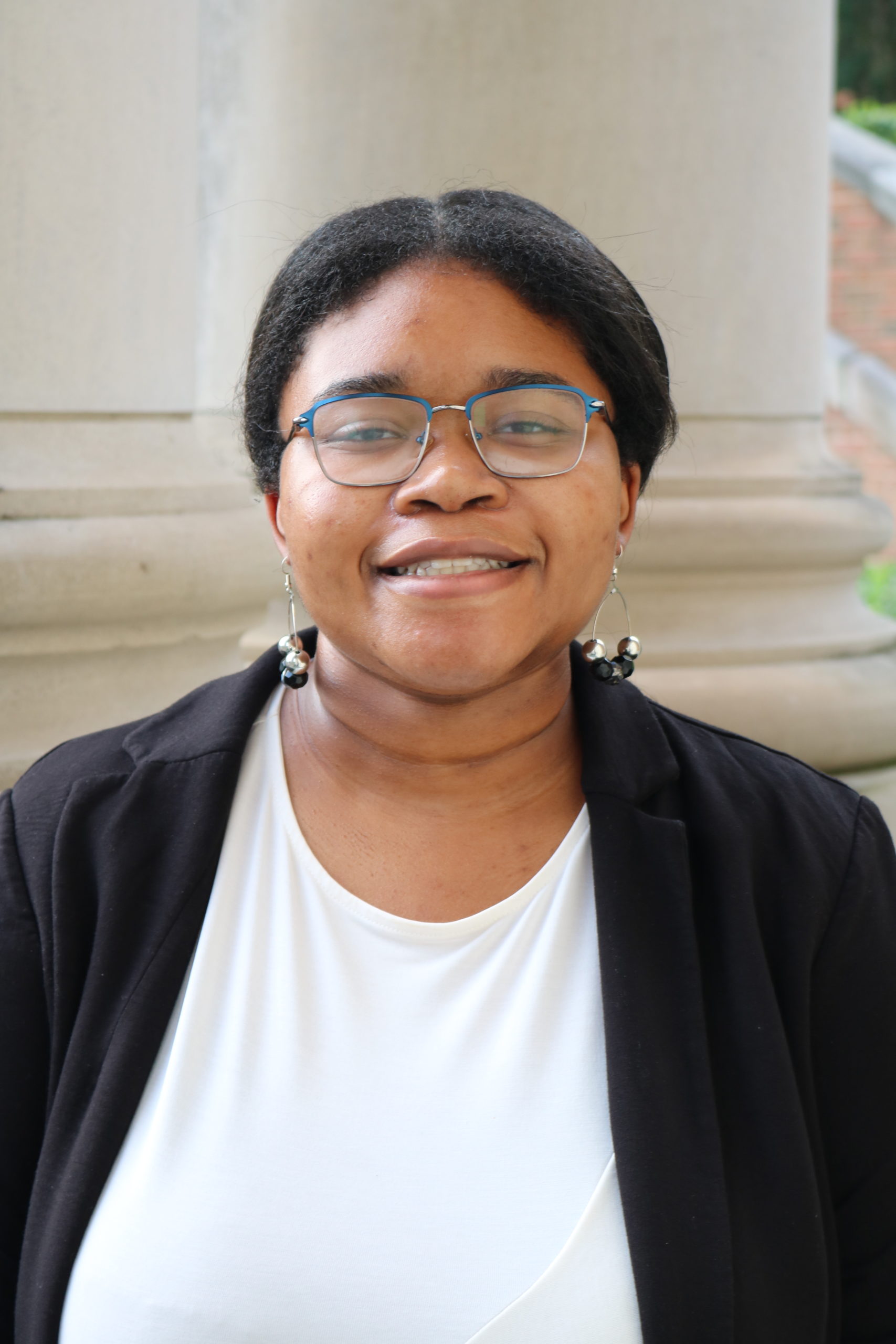On Feb. 8, 2022, Sen. Will Barfoot introduced the Alabama House Bill 312 bill to the House of Representatives committee and it is being sponsored by 38 representatives. On March 9, the Alabama Senate committee approved the bill in a 6-1 vote, and on March 15, the Alabama House committee approved the bill.
“It appears that legislators of the Alabama House Bill 312 bill want to shut down any discourse about difference, racial inequality, systemic inequality, and other topics related to race,” Samford Professor and Sociology Program Director Theresa C. Davidson said.
According to a short synopsis, the bill would prohibit the following actions:
“Prohibit the state from teaching or training employees, contractors, teachers or students to adopt or believe certain concepts regarding race, sex, or religion.”
“Prohibit public institutions of higher education and their employees from promoting or advancing certain concepts regarding race, sex, or religion except as part of teaching about doctrines regarding race, sex, or religion as part of a larger course of academic instruction without compelling students to assent to the concepts.”
“This bill would authorize state agencies, political subdivisions, public k-12 schools, and public institutions of higher education to discipline or terminate the employment of any employee who violates this act.”
The text of the entire bill can be found here: website.
Even though Samford is a private institution, Davidson discussed the potential effects this bill could have on educators in various academic settings.
“What most educators are worried about is a ‘chilling effect,’ Davidson said. “Meaning if you’re an educator at a public school, public university, or private university, are you going to feel inhibited from discussing certain topics because you’re worried about breaking the rules of this law? Furthermore, because of the vagueness of this bill and lack of clarity, some educators may refrain from talking about important parts of history and the current realities due to the possibility of being charged with a crime.”
Junior Law Politics and Society/ English major Megan Rose Dickey and senior Psychology major Chloe Pappa shared their thoughts regarding educators’ responses to the bill.
“This bill would create this culture where nobody is held accountable for their actions, because if we can’t even hold our ancestors accountable, then how do we hold ourselves accountable?” Dickey said. “Also, I think with this bill we are furthering into this era of colorblindness and thinking that race doesn’t matter, when in reality, it’s one of the determining factors for your standard of living in the United States.”
While Dickey discussed a possible effect this bill could have on the American population as a whole, Pappa shared her beliefs on how the bill could affect children.
“I think this bill would actually do the opposite of what it is trying to do,” Pappa said. “Children, especially at the elementary level, are in the most important developmental stages of their life. By not allowing them to challenge their own ideas and learn about the history of their country and individual culture only further endangers them into isolation. This is totalitarian and trying to throw away the individuality that comes with knowledge and education.”
Alabama is no longer the only state trying to block “divisive concepts” from being taught in educational institutions. According to the Forbes article, “Teacher Anti-CRT Bills Coast To Coast: A State By State Guide, states such as Georgia, Florida, Nebraska and several others are in the process of passing laws banning the teaching of concepts related to race, sex and religion.
Bills like HB 312 hinder students from learning about the history and reality of different racial groups, according to President of the Alabama State Conference of the NAACP, Bernard Simelton, as he shared in his Feb. 23 testimony about the bill.
“H.B. 312 could undermine the quality of Alabama’s education and may negatively impact students of color and other students enrolled in public schools,” Simelton said. “Teaching practices rooted in accuracy and inclusivity do not promote or advocate support of racial hierarchies or discrimination on the basis of race, sex or other protected classes. To the contrary, such educational frameworks instead encourage honest, candid conversations about this nation’s history.”
If you live within the state of Alabama and would like to share your opinion about the bill, contact your representative.

Staff Writer


